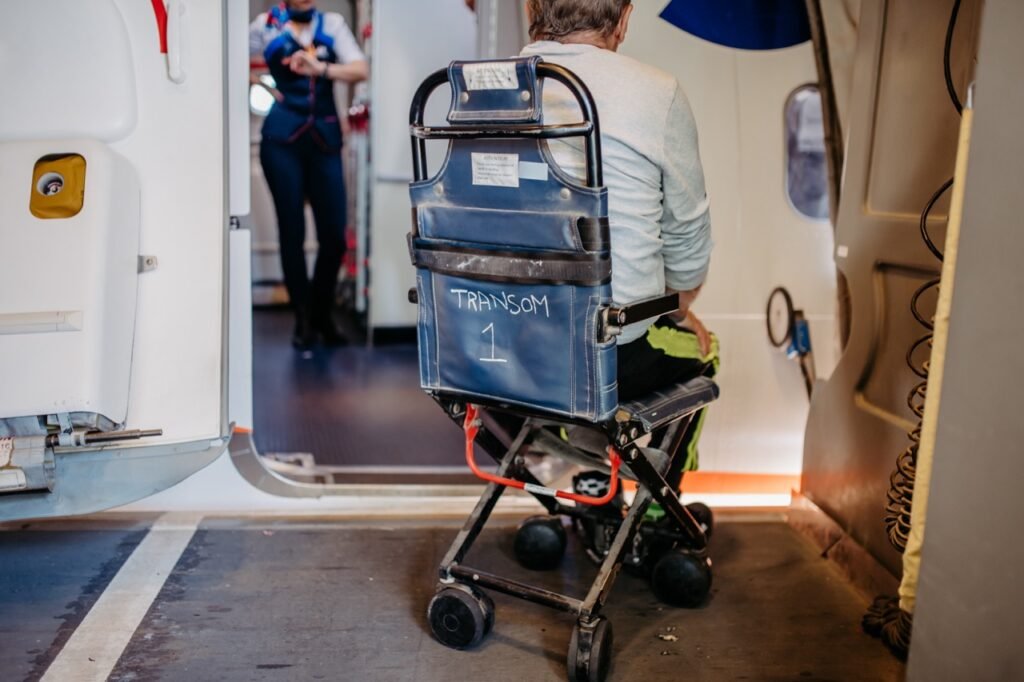7 Mistakes to Avoid: What NOT to Do While on Workers’ Compensation

Introduction
Workers compensation is a crucial safety net for employees who suffer injuries or illnesses in the workplace. However, navigating the workers’ compensation process can be complex, and there are certain pitfalls to avoid. To ensure you receive the benefits you deserve and to protect yourself legally, it’s important to understand what not to do while on workers’ compensation.
Common mistakes to avoid while on workers’ compensation
Here’s a detailed guide to help you steer clear of common mistakes.
Mistake 1: Concealing or Exaggerating Injuries
- Do not downplay the severity of your injury or illness to your employer or healthcare provider. Similarly, do not exaggerate your symptoms to receive more compensation.
- Be honest and accurate when describing your condition. Providing false information can undermine your credibility and jeopardize your claim.
Mistake 2: Delaying Medical Treatment
- Avoid delaying medical treatment for your work-related injury or illness. Prompt medical attention can prevent your condition from worsening and strengthen your claim.
- Report your injury to your employer immediately and seek medical care as soon as possible. Delays in treatment may raise doubts about the validity of your claim.

Mistake 3: Failing to Follow Doctor’s Orders
- Adhere to the treatment plan prescribed by your healthcare provider. This may include attending follow-up appointments, undergoing therapy, or taking prescribed medications.
- Ignoring medical advice or failing to follow treatment recommendations can be used against you by insurance companies to deny or reduce your benefits.
Mistake 4: Returning to Work Prematurely
- Do not rush back to work before you have fully recovered from your injury or illness. Returning too soon can exacerbate your condition and impede your recovery.
- Consult with your doctor before attempting to return to work. Your healthcare provider will determine when it’s safe for you to resume your duties.
Mistake 5: Engaging in Activities Contradicting Medical Restrictions
- Respect any physical limitations or restrictions imposed by your doctor. Avoid activities that could aggravate your injury or hinder your recovery.
- Disregarding medical restrictions, such as lifting heavy objects or engaging in strenuous activities, can undermine your claim and may even worsen your condition.
Mistake 6: Misrepresenting Activities on Social Media
- Be cautious about what you post on social media platforms while on workers’ comp. Insurance companies and employers may monitor your online activity to dispute the validity of your claim.
- Refrain from sharing content that contradicts the limitations or restrictions imposed by your injury. Even seemingly innocuous posts or photos could be misinterpreted and used against you.
Mistake 7: Failing to Report Income
- If you engage in any work or receive income while on workers’ comp, you are required to report it accurately. Failing to disclose additional income can result in legal consequences and the termination of your benefits.
- Consult with your attorney or workers’ comp representative if you’re uncertain about what income needs to be reported.
Are you allowed to travel while on workers’ compensation

Whether you’re allowed to travel while on workers’ compensation depends on various factors, including the nature and severity of your injury, as well as any restrictions or recommendations provided by your treating healthcare provider.
- Medical Clearance: Before making any travel plans, it’s crucial to consult with your doctor. Your healthcare provider can assess your condition and advise you on whether travel is safe and appropriate given your injury or illness.
- Treatment Needs: Consider whether your travel plans may interfere with your medical treatment or rehabilitation regimen. If your doctor has prescribed ongoing therapy, appointments, or medical interventions, you should prioritize these commitments when planning your travels.
- Physical Limitations: Take into account any physical limitations or restrictions imposed by your injury. Traveling may involve activities such as walking, sitting for extended periods, or lifting luggage, which could exacerbate your condition. Ensure that your travel plans accommodate these limitations to prevent further injury.
- Insurance Coverage: Review your workers’ compensation insurance policy to understand any limitations or requirements related to travel. Some policies may have provisions regarding travel restrictions or obligations to report travel activities to the insurance carrier.
- Communication: Keep your employer and workers’ compensation insurance provider informed about your travel plans. Transparency is essential to ensure compliance with any relevant regulations and to avoid potential disputes regarding your benefits.
- Documentation: Maintain thorough documentation of your travel arrangements, including dates, destinations, and any related expenses. This documentation can serve as evidence of your compliance with workers’ compensation requirements and may be useful in the event of a dispute.
- Legal Advice: If you have concerns about traveling while on workers’ compensation or if you’re unsure about your rights and obligations, seek guidance from a qualified attorney experienced in workers’ compensation law. An attorney can provide personalized advice based on your specific circumstances and help you navigate any legal complexities.
Ultimately, whether you’re permitted to travel while on workers’ compensation depends on the unique circumstances of your case and the guidance provided by your healthcare provider and legal counsel. Prioritize your health and safety, and ensure that any travel plans are carefully considered and communicated to relevant parties involved in your workers’ compensation claim.
Conclusion
Navigating the workers’ compensation process requires diligence and adherence to certain guidelines. By avoiding common mistakes such as concealing injuries, delaying treatment, or misrepresenting activities, you can protect your rights and ensure you receive the benefits you’re entitled to. Remember to communicate openly with your employer, follow medical advice diligently, and seek legal guidance if needed. By understanding what not to do while on workers’ comp, you can safeguard your health, finances, and legal standing throughout the claims process.
FAQs
These FAQs provide general information about workers’ compensation, but specific laws and regulations may vary by state. It’s essential to consult with a qualified attorney or workers’ comp representative to address your individual circumstances and questions.






